Vida Sana
Coronavirus: viajes de fin de año, renuencia a vacunarse y la desinformación
Jueves, 15 de diciembre, 1 p.m., hora del este
Llama sin cargo al 855-274-9507 para hacer tu pregunta o escucha gratis el evento aquí (para escuchar en español marca el 833-946-1559).
Acompaña a AARP en una conversación con el Dr. Vivek H. Murthy, cirujano general de Estados Unidos, el jueves 15 de diciembre a la 1:00 p.m., hora del este. El vicealmirante Murthy responderá a tus preguntas y hablará sobre cómo mantenerse seguro y protegido durante estas fiestas, la indecisión ante la vacuna contra la COVID y el impacto de la desinformación. A medida que las familias se preparan para reunirse durante las fiestas de fin de año, muchos están preocupados por la seguridad de sus familia, la eficacia de las vacunas y los protocolos, y cómo identificar los hechos reales de la desinformación relacionada a la COVID.


Membresía de AARP: $12 por tu primer año cuando te inscribes en la renovación automática.
Obtén acceso inmediato a productos exclusivos para socios y cientos de descuentos, una segunda membresía gratis y una suscripción a AARP The Magazine.
Únete a AARP
Si no pudiste acceder al evento en vivo, escucha una repetición en el video que está arriba (en inglés).
Este evento se centrará en:
- Cómo mantenerte seguro y protegido durante las reuniones familiares y los viajes de fin de año
- La indecisión sobre las vacunas, su impacto y qué está ocasionando la disminución en las tasas de vacunación
- La desinformación y cómo influye en la decisión de las personas de vacunarse contra la COVID y seguir tratamiento
- Dr. Vivek Murthy, cirujano general
- Alex Mahadevan, director, MediaWise
Para más información visita AARP.org/elcoronavirus



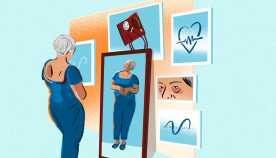


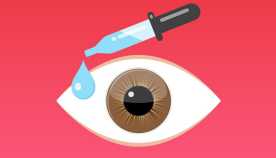













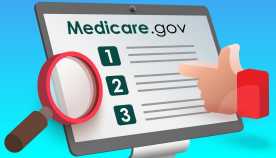
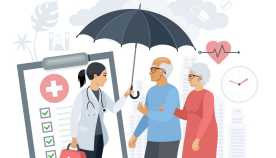



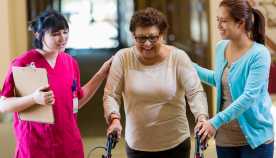

















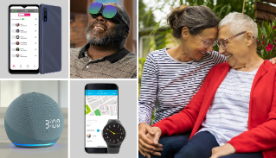




















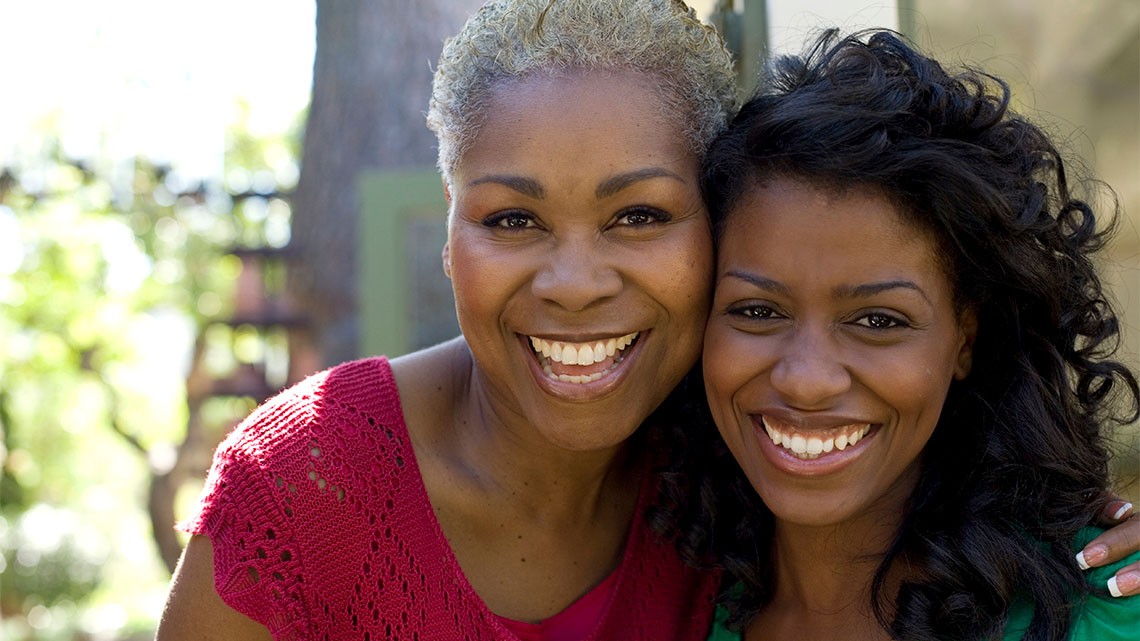

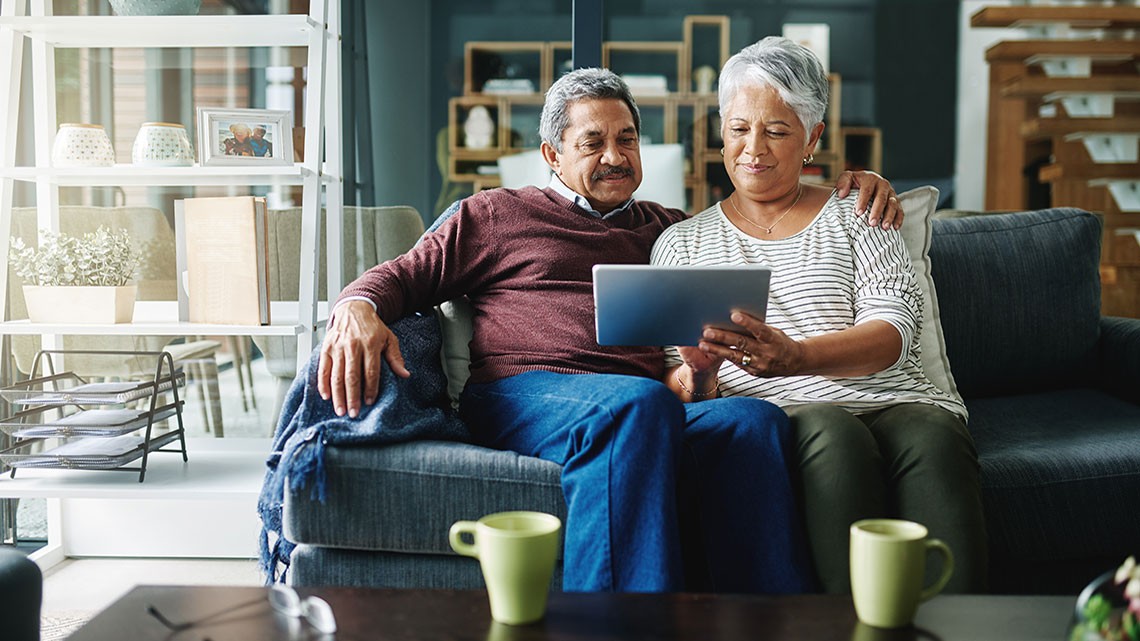
También te puede interesar